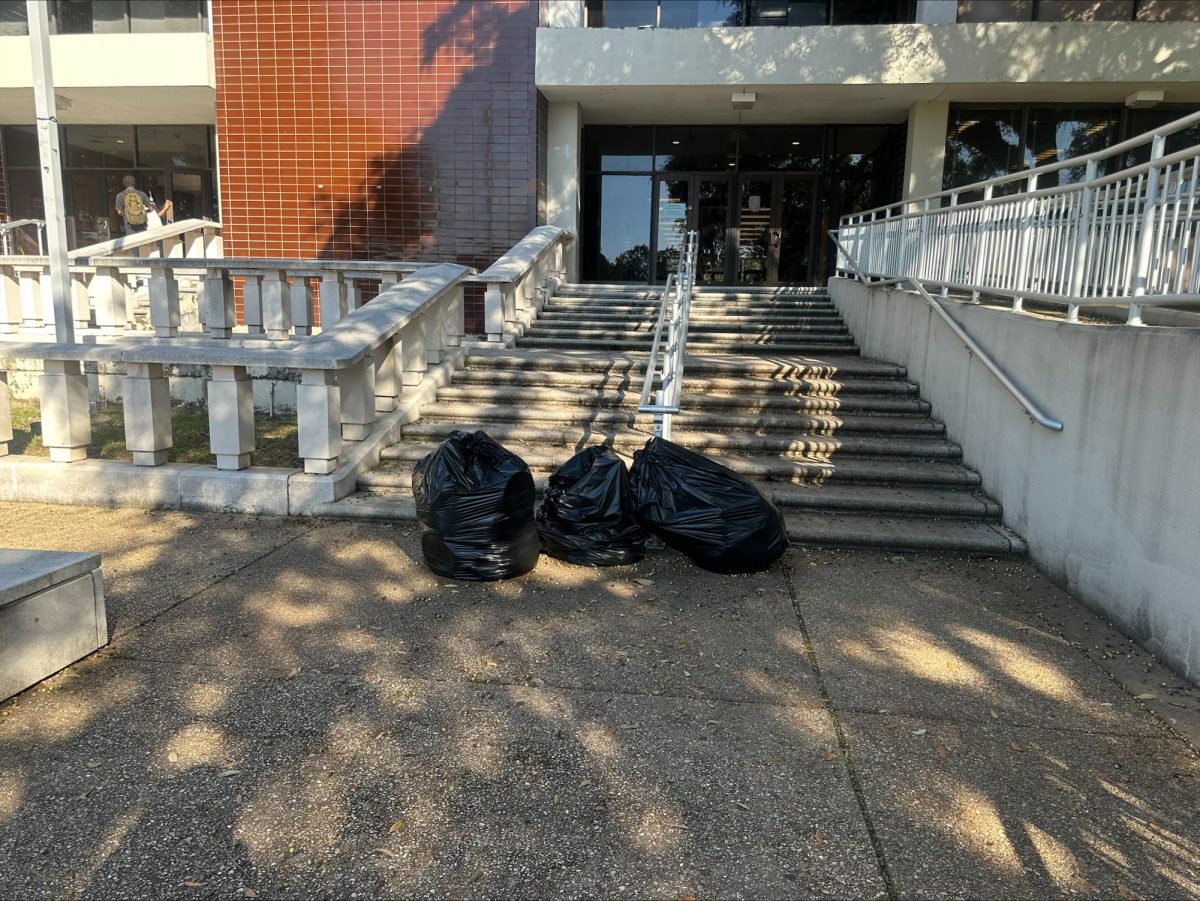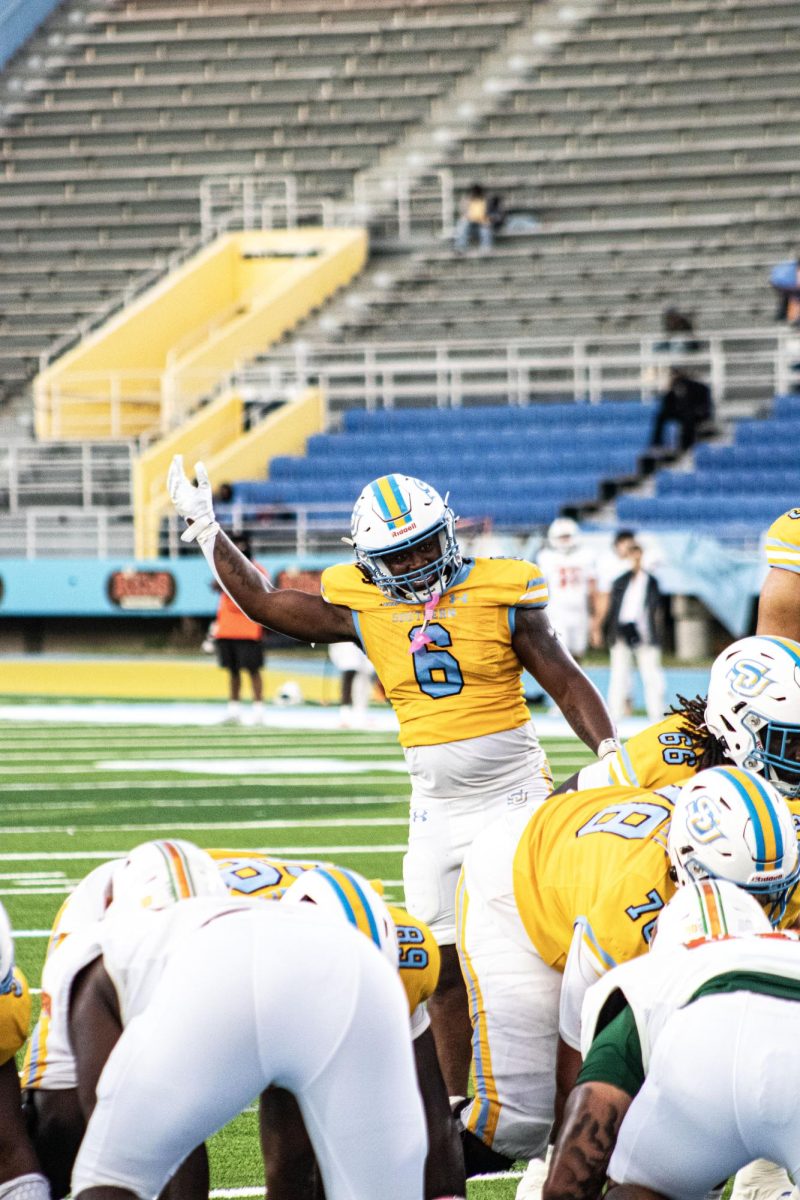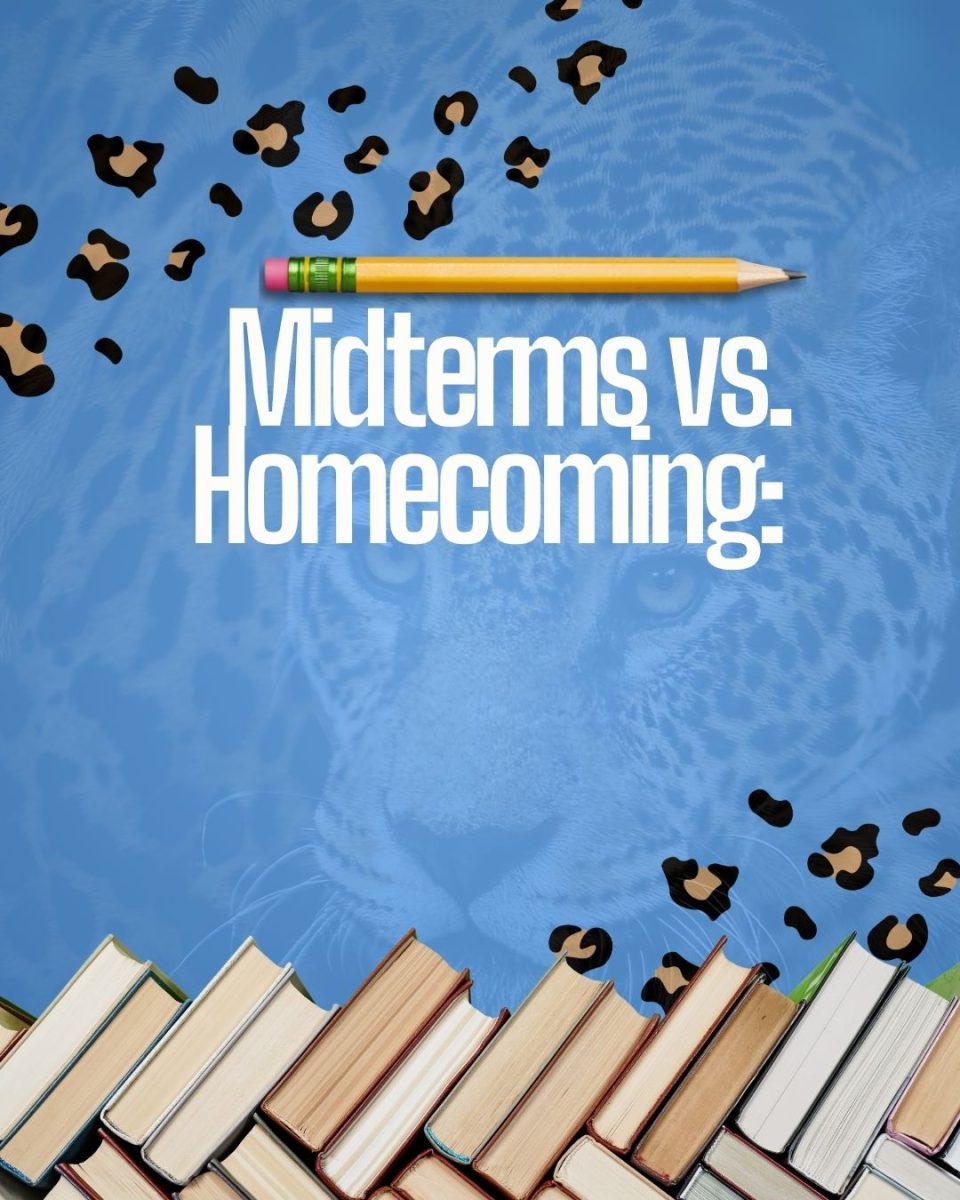Historically Black Colleges and Universities have an important role in the African American community as schools that first gave black students the opportunity to obtain higher education when no other colleges would. Today, HBCUs are still an integral part of the black higher education experience in the United States, and this guide takes a look at the importance of these colleges both in the past and present, as well as where they’re headed in the future.
If you went to an HBCU, it’s likely you’ll run into fellow graduates from the same school in the real-world; and when you do, you’ll share an immediate bond. The HBCU alumni network has an abundance of opportunities and lifelong friends. It’s the gift that keeps on giving.
At an HBCU, you’ll find people who come from similar backgrounds and circumstances and who have had similar cultural experiences. There’s an atmosphere of community and collaboration among the student body, and the professors and faculty will be there to help nurture and guide you throughout your college experience.
As previously mentioned, HBCUs were established specifically with the goal of increasing African Americans’ access to a college education, so students attending these schools can and should feel empowered by the fact that they’re actively defending and taking advantage of their rights.
Although the student population at the majority of HBCUs remains predominantly black, the racial diversity of such institutions have undergone tremendous changes over the years. According to a report by the Center of Minority Serving Institutions at the University of Pennsylvania, black students constitute approximately 76 percent of students attending HBCUs. Students from other racial and ethnic groups, on the other hand, comprise the remaining 24 percent. The enrollment at HBCUs is further divided into “13 percent white students, 5 percent students whose race or ethnicity is unknown, 3 percent Latino and Latina students, 1 percent Asian-American students, 1 percent of students who identify as biracial or multiracial, and 1 percent of students classified as undocumented students,” stated in an article from The University of Pennsylvania.
People come to Historically Black Colleges and Universities for multiple reasons. Some go because of family history. Some go for the culture to find themselves, and become a better person. HBCUs also give out minority scholarships, so many of them come because more scholarships, and more opportunities. HBCUs are becoming more diverse, and brings different individuals towards them.
Categories:
Sex Crimes and Color
February 18, 2020
0
More to Discover








